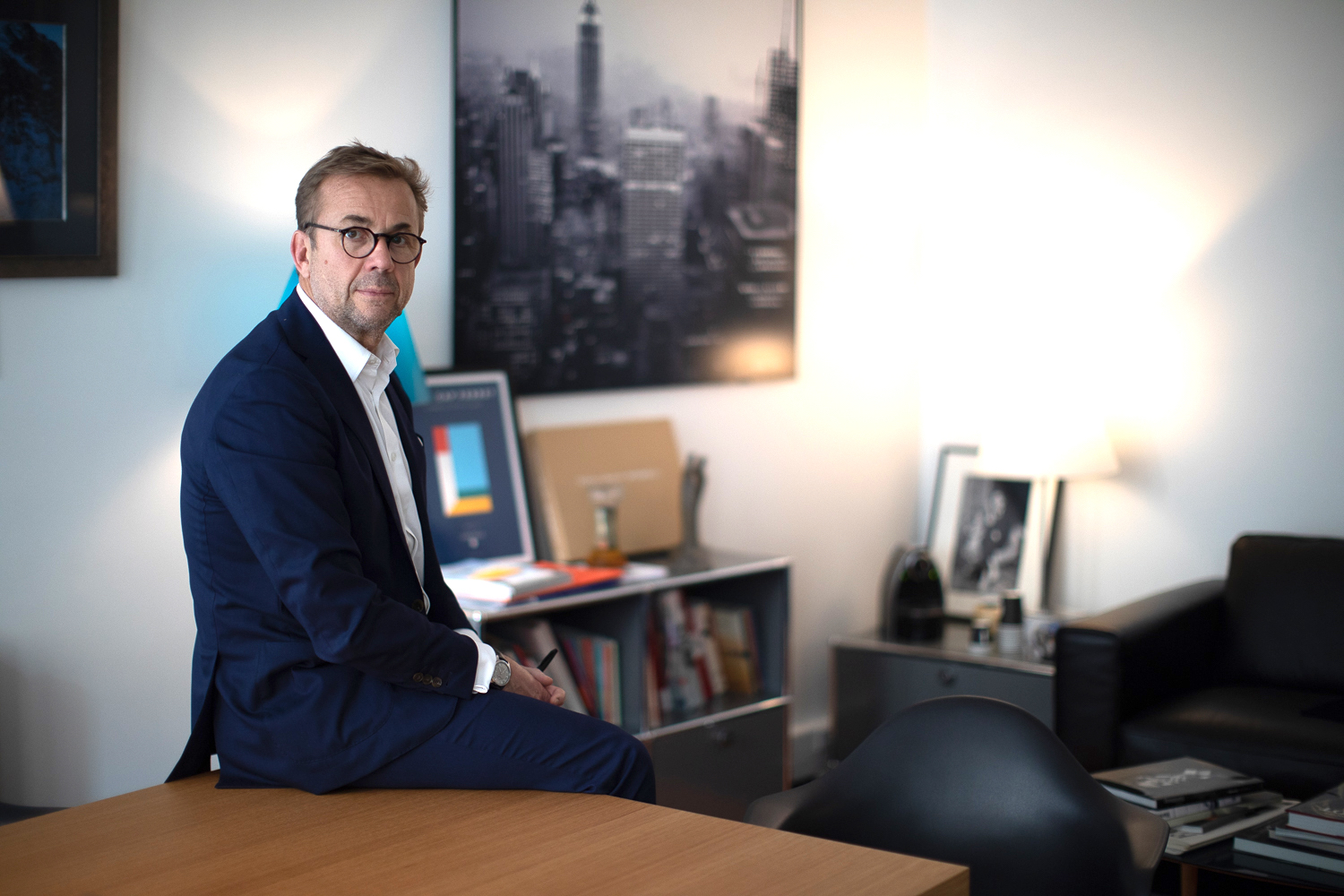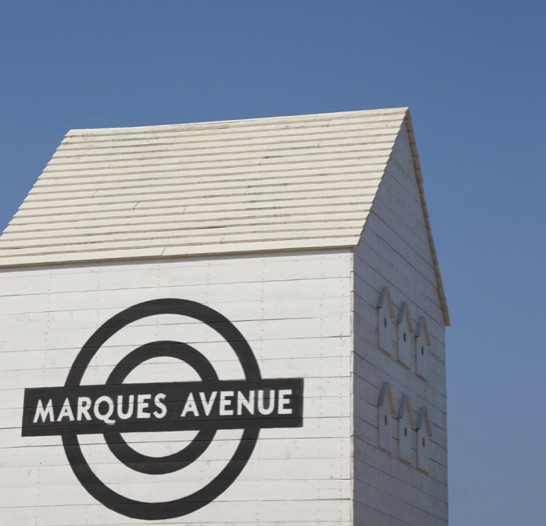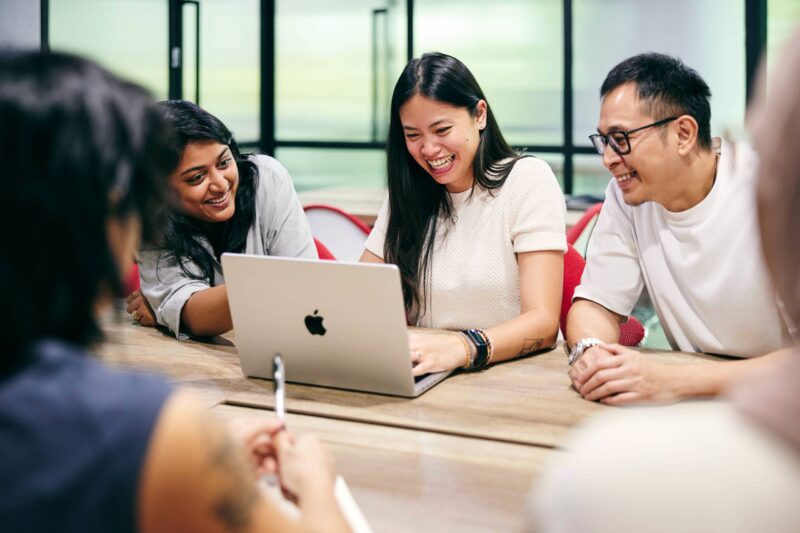
LSA sat down for an exclusive interview with Frédéric Messian to discuss the major lessons learned from the COVID-19 crisis as they emerged from the various webinars organized by the agency with its clients during the crisis. The main takeaway: if pragmatism and agility are necessary for brands to adapt, this alone will not be enough.
How to drive brands to adopt an innovative and creative mindset at an accelerated pace:
The situation we have been living for the past three months is unprecedented and its medium- and long-term consequences are still unknown. The experts had to kiss goodbye to their certainties and the gurus were all left dumbstruck.
For us, it was imperative from the get-go to put ourselves in a position of observation, listening and ongoing experience-sharing. We have given a voice to businesses and brands at the forefront of chaos. We laid out some “possibilities” and challenged each of them to react according to their marketing sensitivity and their specific market data.
Of course, nothing is a given, and the rapid-changing reality of the various health, economic and cultural factors only made things worse. With the help of our experts, we launched a series of thematic webinars, starting April 3, to address the issues encountered by our customers and encourage them to position themselves in a mindset of innovation and creativity, at an accelerated pace.
During these discussions, it became clear that the crisis was challenging all certainty.
Four main findings emerged:
- A hasted entry into a Darwinian process:Faced with the unprecedented changes to their environment, brands have entered into a process of natural selection and vital competition. Only those who can renew their customer commitment, while simultaneously respecting their fundamentals, will have a chance to return to the path of economic growth.
- Accelerating the social commitment of brands:Clearly, there is a growing need for companies and brands to gain consumer trust, which, in turn, are questioning their purpose. This commitment is not without contradictions (the demand for “re-packaging” vs. the historic boom in bulk sales), nor without risks (will the consumer agree to pay higher prices for products “made in France”?).
- The lasting impact on consumer behavior:There has also been much talk of frugality, with the desire to consume “less but better”, which is accompanied by attitudes much more oriented towards solidarity and closeness. To this is added the need for a more humane approach that better favors customer-relationships, in all sectors, including the luxury sector.
- The rise of digital:E-commerce in particular, for previously reluctant categories, like food. A requirement (to maintain a rapport with a distant consumer, as a result of the closure of physical stores and social distancing measures) that the most daring brands will be able to turn into an opportunity (to give the consumer an “enhanced experience”).
This “lasting” crisis situation, since it appears that we are going to have to live with this virus for a long time, is causing an upsurge of new commitments. For brands, it is therefore a question of adopting a new outlook without renouncing to their basic principles, as Laurène Rohr, Marketing Manager at Aparthotels Adagio explains: “What is important is to refocus on what each brand does well and build on those strengths rather than trying to reinvent brand concepts that are not ours. Each brand has its own unique strong card. At Adagio we are a friendly brand, we are a homely brand. The idea is to go back to our fundamentals and to put them back at the heart of our initiatives.” The crisis sometimes appears to be more of a revealer than a revelation, an observation shared by Claire Revenu, The Coca-Cola Company’s Strategic Customers & Commercial Development Director for France: “We must change how we work and develop a new way of looking at our plans. This forces us to be responsive and to challenge ourselves. It’s a good way for us to reinvent the model of a company like ours.”
The effects of the crisis on purchasing power, which are likely to still last a long time and leave even more traces than the virus itself, will make it increasingly difficult to live with certain pre-existing consumer preferences (such as consuming locally, reasonably, organic…). These are further exacerbated as they are related to health and distribution channels. Traceability and knowing the origins of products feed the same need for reassurance, and the consumer faces a trade-off between wanting to adopt better consumption patterns and being forced to spend less. This very real situation is already taken into account in mass distribution, as Alexandre de Palmas, Executive Director of Carrefour Proximity France reveals, “we are going to promote our own brand, the Carrefour brand. This has two main advantages: on the one hand, we have complete control over the products’ origin, and on the other, we have complete control over its price”, an attitude that does not exclude local initiatives. “There is another way of living together; it is through solidarity. The physical store remains an important means of communication, where we can showcase all our local solidarity initiatives”, as Sidonie Jadot, Klépierre’s Marketing Director for France and Belgium suggests.
Furthermore, the consumer expects increasing transparency and sincerity from brands. “Some have already anticipated it”, as Christine Seguin, Head of Content Factory at Crédit Agricole reveals. “When the Covid crisis hit, we realized that this challenge, this initiative, the fact of showing our commitment, of proving it and making it known, has even more resonance today than it did yesterday”, and thus actions taken before the crisis are reinforced.
These customer insights reveal a need for caring, sharing and exchange – an aspiration that could very well settle in, in the long term with “less ostentatious and compulsive purchases, and more reasonable and fun shopping for yourself”, as underlines Fabrice Boé, Chairman and CEO of Inès de La Fressange Paris. There is also the importance of customer relations, being attentive in order to foster a special bond over time. A bond that is reflected in particular via digital communication, as Sidonie Jadot points out for Klépierre: “We are no longer concerned with physical experiences, instead, our relationship with our consumers is maintained through digital communication.”
We are living in uncertain times. A “test & learn” attitude is what will prevail now. Pragmatism and agility are necessary for brands to adapt in real time if they want to meet consumers expectations.
But even though this proactive approach is very much necessary, it will not be sufficient. Brands must, at the same time, reinvent and re-enchant the fundamental contract that binds them to their community, which will, in time, prove their desirability.


